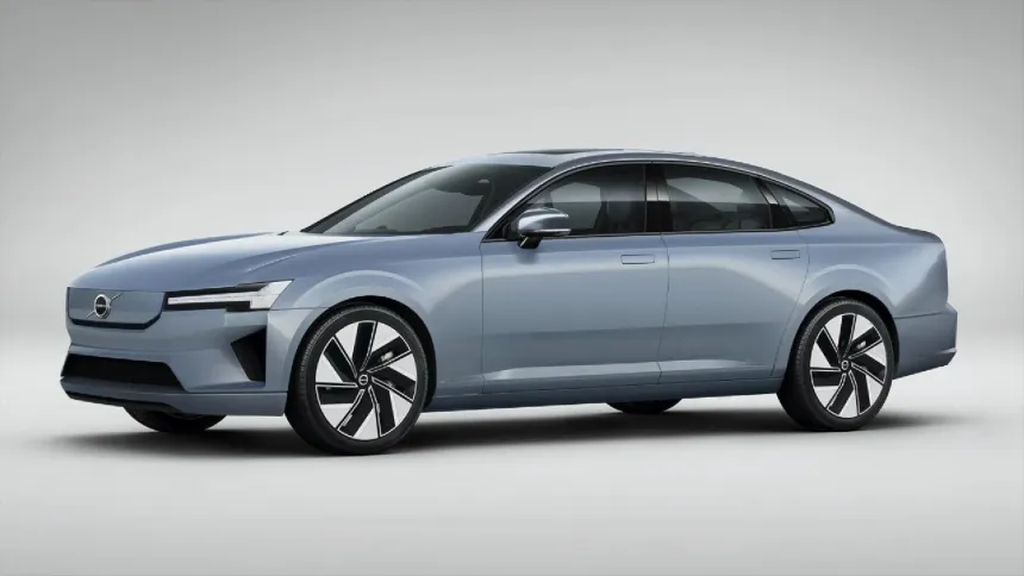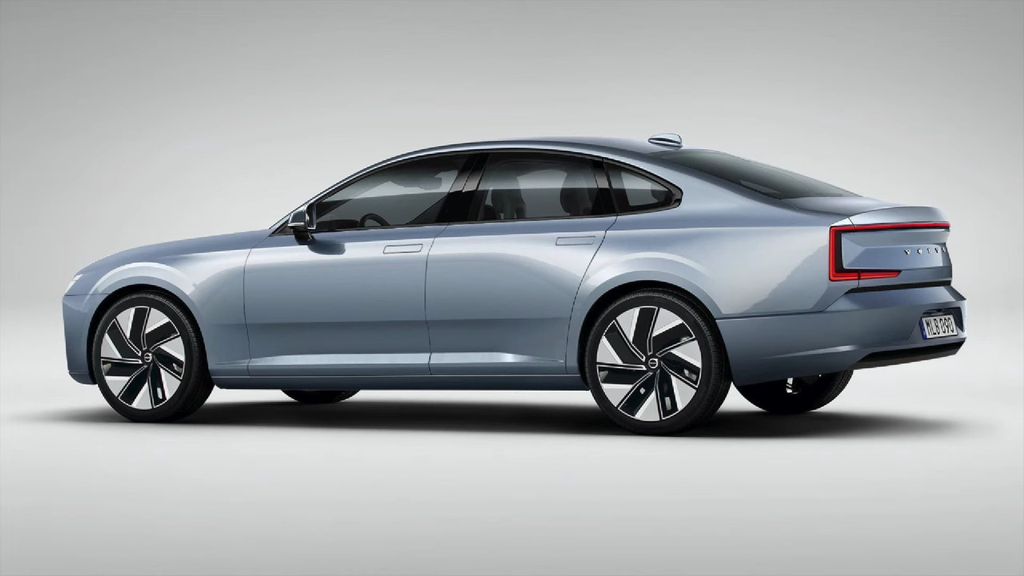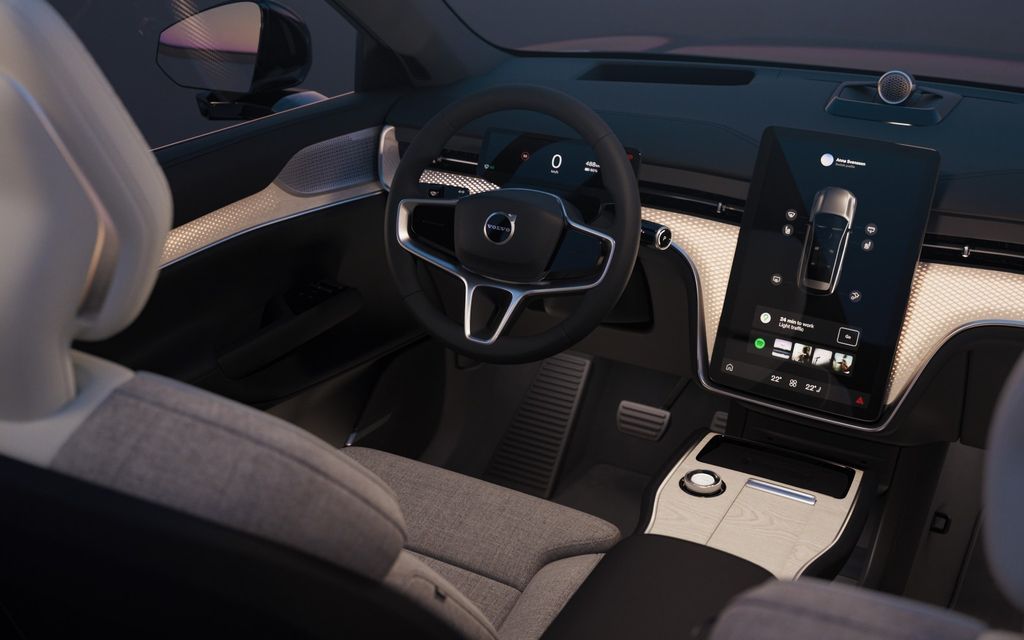The upcoming electric model from Swedish automaker Volvo is a sedan built on the EX90 platform and will also utilize the same battery pack.
A leaked photo from a manufacturing plant in Hangzhou, Zhejiang Province, China has recently surfaced on social media. It has been deduced that the factory belongs to Geely, the prominent Chinese automaker.
Upon examining the photo, it becomes apparent that there is a banner celebrating the launch of the first Volvo Cars V551 VP, as well as a sign indicating that this model is “Confidential” and “Top Secret”. As implied by the banner, this vehicle with the internal codename V551 will go by the name Volvo ES90 in the future.
According to Swedish publication Teknikens Värld, the Volvo ES90 will share the SPA2 platform with the EX90. SPA2 is a platform designed for the brand’s 60 and 90 series models.
Leaked documents from China have also revealed the dimensions of the ES90. It is anticipated that this all-new electric sedan will have a length of 4,990 mm, which is over 100 mm longer than the long wheelbase (LWB) version of the S90. The weight of this sedan is projected to be up to 2.5 tons for a single-motor version located at the rear wheels, and it increases to 2.6 tons for a dual-motor version with one motor at the front and one at the rear. The large weight of the Volvo ES90 can be attributed to its 111 kWh battery pack, which is the same as the EX90.
Teknikens Värld also predicts that the Volvo ES90 will have a maximum range of approximately 600 km after a full charge for the rear-wheel drive version. However, the actual figure is likely to be less impressive in the testing cycle of the Environmental Protection Agency. According to Volvo, the EX90 can travel about 483 km after a full charge. With improved aerodynamics and reduced weight, the expected range for the ES90 is estimated to be between 515 km to 531 km per charge. Similar to the EX90, the Volvo ES90 will have the ability to DC fast charge at a maximum power of 250 kW.
The commercial production of the Volvo ES90 is expected to commence in May 2024.
TT (Tuoitrethudo)
Reference: Autoevolution
















































